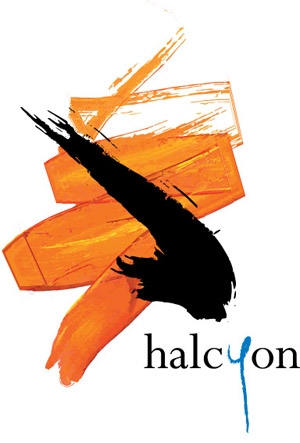Tone Birds
Music Workshop, Sydney Conservatorium of Music
Sydney Morning Herald, November 2005
Reviewed by David Vance
Halcyon's Tone Birds program of contemporary vocal chamber music - modern if you begin in 1924 with de Falla's languorous Psyché - was devoted to songs whose texts were concerned with landscapes, geographical and psychological. For the inner eye of the imagination, there was much to admire; equally so for the ear, for the quality of the music was finely matched to the poetry. Graced by excellent performances, this program offered an alluring revelation of infrequently heard and, in some cases, new repertoire. If the physical landscapes evoked were those of the northern hemisphere, the emotional landscapes were universal and charted the ups and downs of human experience, from the awful consciousness of the awakening Psyché, through Messiaen's metaphysical love songs to his future wife in Poèmes pour Mi, to a stream-of-unconsciousness collage constructed from Paul Eluard poems as the Grammaire des Rêves by Kaija Saariaho.
It may have been Michael Berkeley's chilly Winter Fragments or possibly Rosalind Page's captivating setting of Icelandic texts in Hrafnsöngvar (Ravensongs) that prompted me to recall Wallace Stevens's poem The Snow Man, which begins "One must have a mind of winter". Both composers seem to have that sort of intellect, creating evocative, sometimes treacherous vocal lines to chisel their winter journeys, accompanied by or cloaked in instrumental textures of icy beauty.
Particularly appealing was Page's Ravensongs. Convincing musical ideas extended this cycle of lyric poems into an impressive and continuous whole. Alison Morgan's soprano added clarity and brilliance to complement the dazzling colours of piano (Clemens Leske), celeste (Sally Whitwell) and harp (Marshall McGuire). Beneath this surface glitter, however, sang a more profound voice, given to the cello (Julia Ryder), whose lamenting cries and soulful interludes gave no hint of arctic chill but rather of smouldering loss and regret.
Mark Shiell, sensitive to balance and subtlety of colour, directed an ensemble comprising some of Sydney's best musicians in which Morgan and mezzo Jenny Duck-Chong were the ultimate tone birds, soaring with ease and confidence across remarkable territories.

